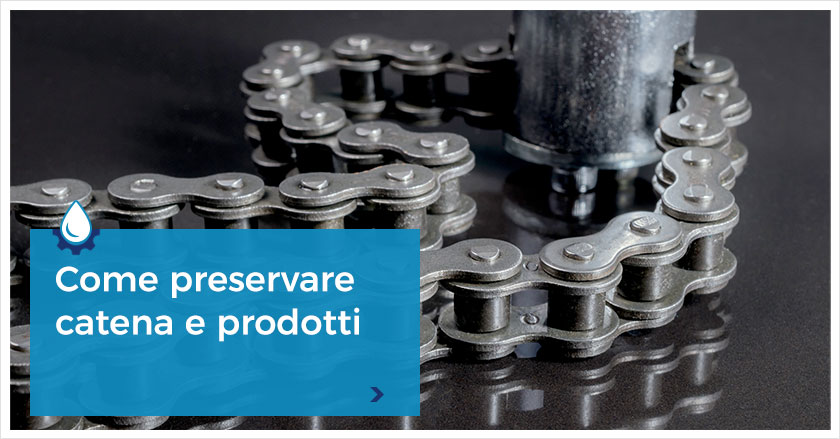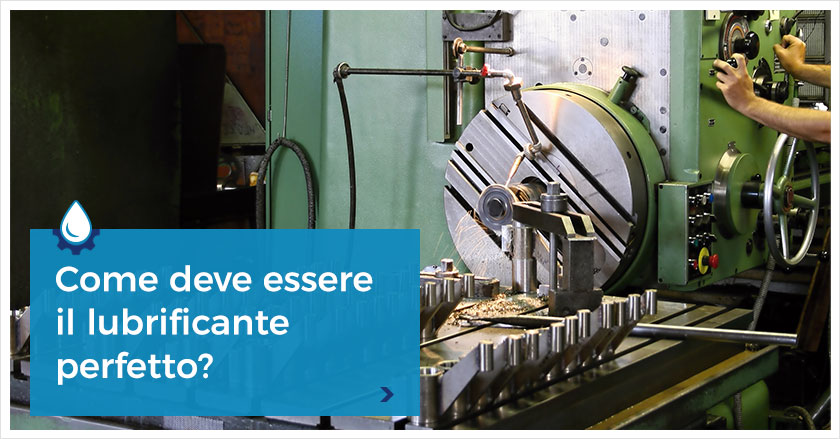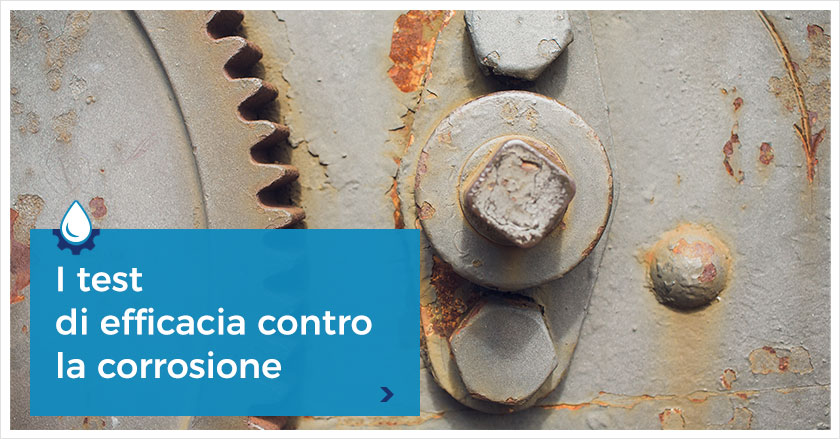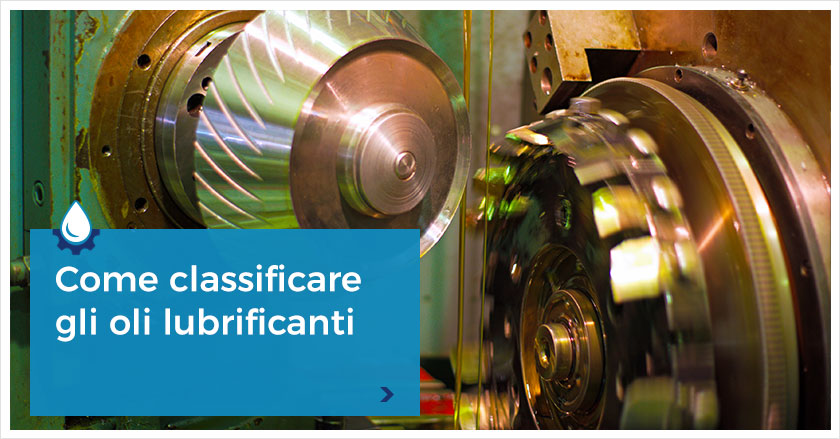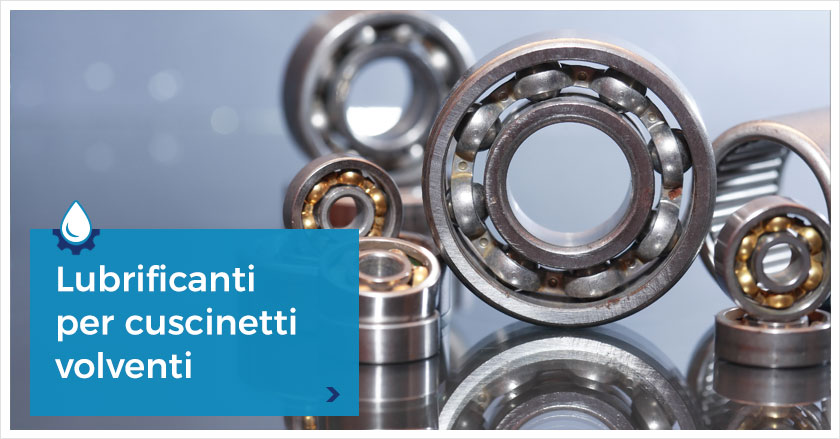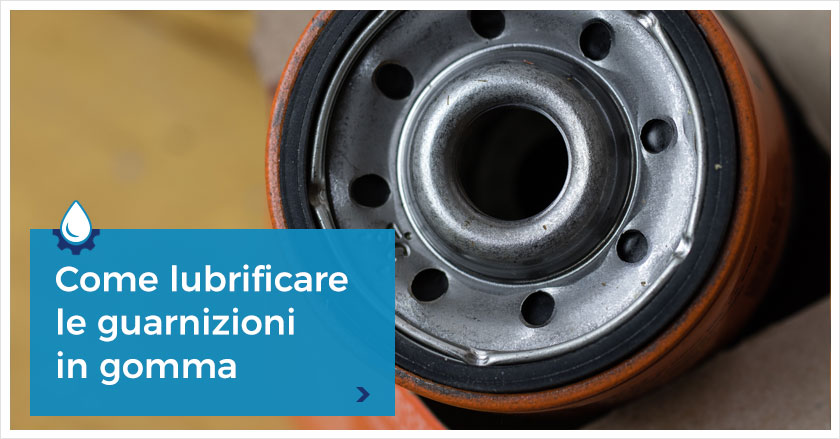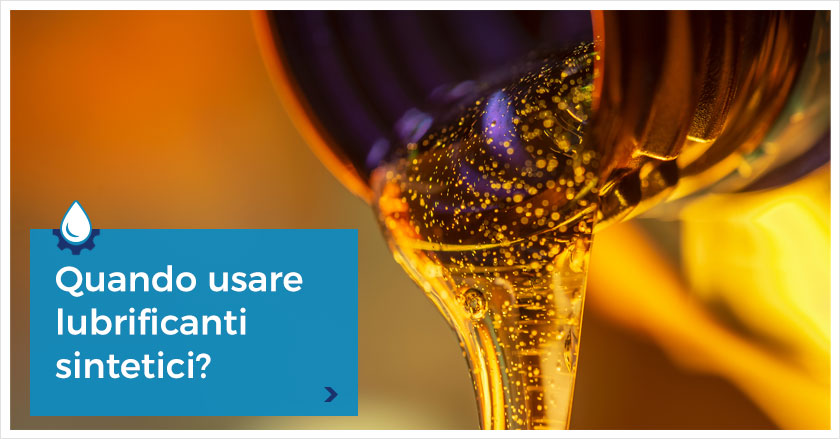Industrial chain lubrication: an application example
How to preserve chains and products
The longevity of chains is an increasingly important issue in the industrial field, given the widespread use of conveyor belts that can be made of different materials, from steel to plastic.
At the same time, containers and products that occupy the conveyor belts can also be made of glass, plastic, metal and so on. This is why it is important that industrial chain lubrication also guarantees compatibility with all such elements, so that production is not affected.
It is thus necessary to choose the most suitable lubricant for your field of application.


